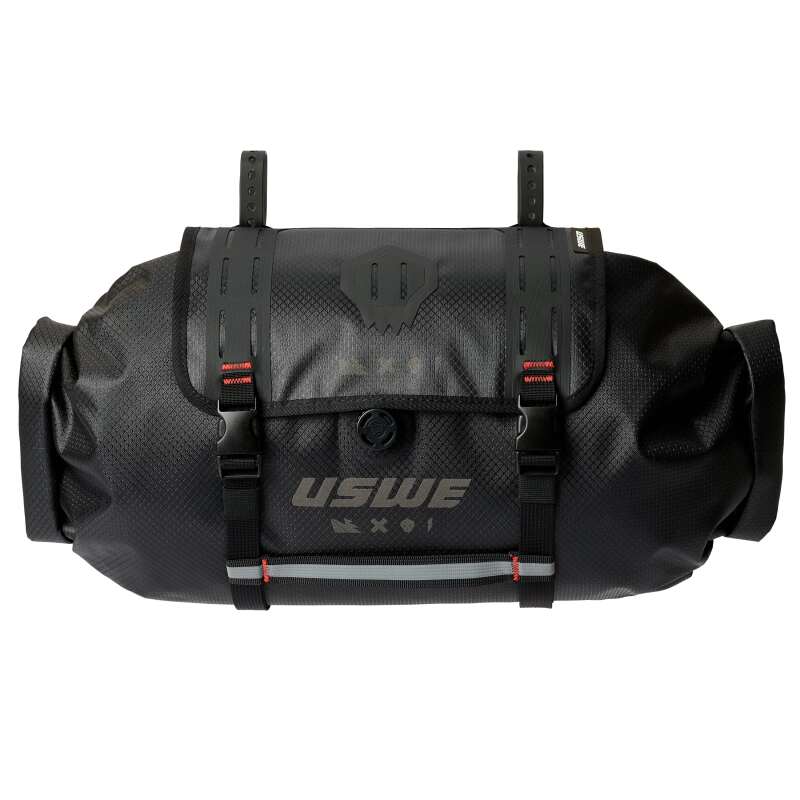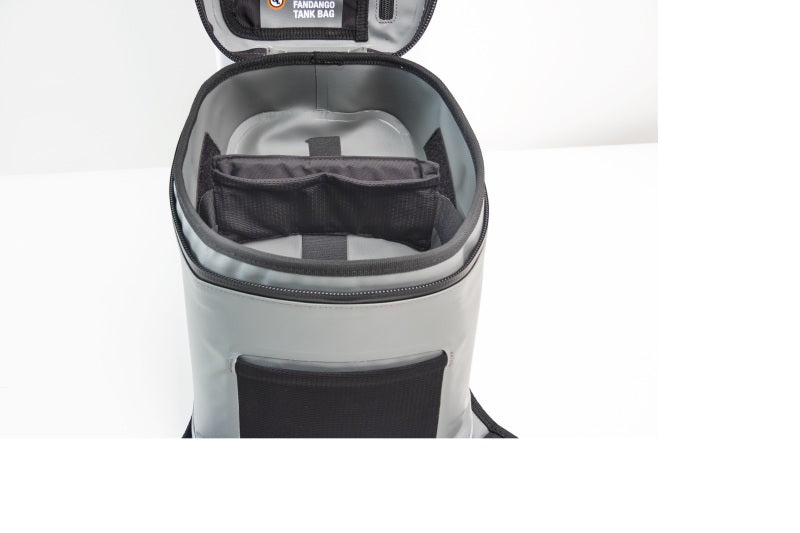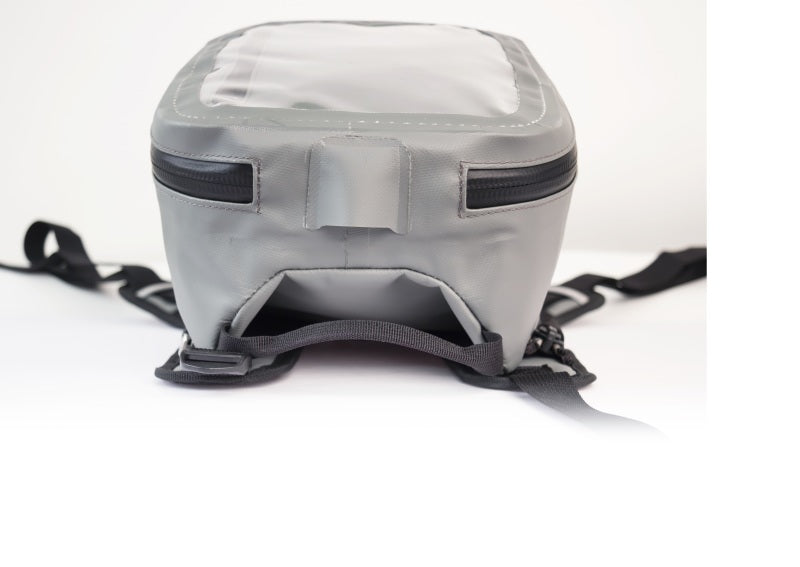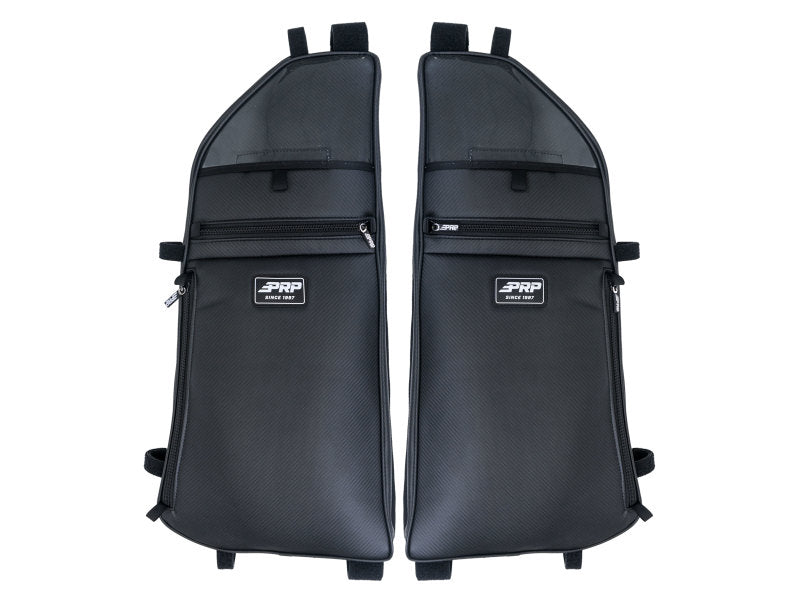Understanding Your Car's Wheeze
Is Your Car Wheezing? Identifying Noisy Air Filter Symptoms
If your car makes weird sounds, it could be a sign of trouble. A noisy air filter often causes engine wheezing sounds that feel strange and annoying. You might hear these kinds of noises:
- Strange droning: A low, buzzing sound that points to airflow problems.
- High-pitched whistle: This sharp noise might mean the air filter is clogged or broken.
- Humming: A steady hum shows the engine might not be getting enough air.
Catching these signs early can stop bigger problems later and keep your car running better.
Common Causes of Air Filter-Related Engine Noise
Knowing why your car makes these odd noises helps fix the problem faster. Here are some reasons your air filter might cause noise:
- Clogged air filter effects: Dirt builds up and blocks airflow, making the engine work harder. That leads to weird sounds.
- Dirty air filter: A grimy or worn-out air filter can hurt performance and cause the engine to make noises as it fights for air.
- Airflow restriction: When less air gets to the engine, combustion suffers. This creates unusual sounds while you drive.
- Intake system noise: Leaks or blockages in the intake can make any air filter noise louder.
Fixing these quickly with good parts like universal fit air filters from Gexhaust helps your car run smooth and quiet.
So, if your car is wheezing with strange sounds under the hood, don’t just ignore it! Checking for a noisy or clogged air filter keeps your ride safe and working right every time you hit the road.
Diagnosing the Problem
Troubleshooting Your Noisy Air Filter: A Step-by-Step Guide
If your car is wheezing or making strange droning noises, the air filter might be to blame. Noisy air filter sounds often come from airflow turbulence or parts inside the intake system moving around. Troubleshooting helps you find out if the noise is from bad airflow or loose bits.
First, listen close to find where the sound starts. Intake system noise can be high-pitched like a whistle or low like a rumble. This depends on how air moves through your filter and pipes. Reducing airflow turbulence keeps things quiet. When air flow gets bumpy, noise pops up.
Sometimes, mechanical noise comes from loose clamps, cracked hoses, or parts that aren’t lined up right. Following these steps helps you spot and fix common reasons for noisy air filters before they hurt your engine’s performance.
Reseating the Air Filter: A Simple Fix
One quick way to stop air filter noise is to reseat it right. If the filter doesn’t fit well because of poor fitment or misalignment, it can rattle or whistle as air slips past.
To fix this:
- Take out your current air filter and check for damage.
- Line it up properly with its housing.
- Close all latches firmly but don’t force them.
Most filters are easy to install but need care for a snug fit. Doing this cuts down leaks that cause noise and lets dirt in.
Checking Air Filter Direction and Orientation
Putting in an air filter backward messes up airflow and makes intake system noise louder. Follow step-by-step instructions from your air filter’s maker when installing.
Here’s what matters:
- Check that arrow markings on the filter match your engine’s airflow.
- Make sure sealing parts touch all around without gaps.
Installing it right not only lowers noise but helps the filter work better so your engine stays healthy.
Inspecting the Air Filter Housing Gasket
The gasket on your airbox stops leaks that make intake pipe sound louder and keep dirt out. Over time, this airbox gasket can crack or get hard and stop fitting right with new filters, causing annoying noises.
Look for cracks or missing spots on the gasket edges when you do maintenance. Swap bad gaskets fast using parts made for your car model to get a tight seal again.
Examining Air Ducts and Intake System Connections
Leaks in air ducts cause weird sounds like wheezing engines or hissing near throttle bodies. Loose clamps on intake pipes can vibrate and make mechanical noises that seem like bad filters.
Check every connection between ducts carefully:
- Tighten hose clamps but don’t crank them too tight.
- Look for cracks in plastic tubes near manifold areas where vacuum leaks happen.
Fixing these stops weird noises and keeps smooth airflow so sensors don’t get confused by intake manifold noise issues.
Signs of a Bad Engine Air Filter Beyond Just Noise
| Symptom | What It Means |
|---|---|
| Reduced Engine Power | Blocked airflow cuts combustion efficiency which lowers acceleration |
| Lower Fuel Economy | The engine burns more fuel when it doesn’t get enough oxygen |
| Check Engine Light | Sensors spot bad conditions from poor filtration and turn on warning codes |
| Strange Engine Noises | Misfires happen because spark plugs don’t work right due to dirty combustion chambers |
| Spark Plug Damage | Dirt getting into cylinders wears out spark plugs faster |
Ignoring these signs can cause expensive repairs later while making driving less fun now.
If you want better filtration that also cuts down noisy problems, check out premium Air Filters built with good engineering made to help your engine run well safely.
Choosing the Right Air Filter
A noisy air filter can make your car wheeze. This noise can hurt how well your car runs. Picking a quality filter with good filtration technology helps keep your engine healthy. It also improves airflow. Reliable parts like universal air filters fit many car models. They do a good job cleaning the air going into the engine.
Upgrading to a better car performance air filter cuts down unwanted noise. It can also boost fuel efficiency and horsepower. You want an air filter that traps dirt but still lets enough air through. That balance affects both your car’s sound and how it performs. A well-made air filter means fewer problems and smoother driving.
You can check out universal air filters that last long and use advanced materials. These filters make a nice vehicle performance upgrade for regular drivers or fans who love their cars.
Air Filter Types and Their Impact on Sound
Air filters use different materials, and each one changes engine sound in its own way:
- Synthetic Fiber Filters: These catch tiny dirt bits well while keeping airflow steady. They usually create a neutral sound that’s quiet enough for everyday use.
- Foam Air Filters: Foam traps dust okay but might soften intake sounds a bit because it’s thick.
- Paper Air Filters: OEM filters often use paper because it costs less and still works fine. They keep noise low, matching what the car maker wants.
- Cotton Gauze Filters: Aftermarket types like cotton gauze let more air flow through. That can make your engine sound louder or “wheezier,” which some drivers like.
You have to choose if you want to stick with OEM specs or try aftermarket parts. The choice depends on whether you want quiet rides or louder engine sounds with extra power. Brands like aFe or AEM Induction mix solid parts with top materials to boost filtering and sound.
Knowing how each material affects your car’s noise helps pick the best filter for you. Whether you want things subtle or louder, protection from dirt stays key. For more info on filters, see collections of air filters and air intake systems online.
Gexhaust Solutions for Noisy Air Filters
Premium Gexhaust Air Filters: Quality and Performance
A noisy air filter can make your car wheeze. This noise messes with your engine’s sound and performance. Gexhaust air filters work to fix this problem. They help your car run smoother and quieter. These quality filters use strong filtration technology. This tech balances airflow while catching dirt and dust.
The filter’s tough housing protects it well. It stands up to rough driving without breaking. Each filter fits just right to keep noise low. It stops loud sounds without cutting airflow. That means your engine breathes easy, runs better, and saves fuel.
Here’s why these filters work:
- Use premium filtration tech for clean air
- Have a solid, durable case
- Fit tightly to stop noise leaks
- Keep a neutral sound so your ride stays quiet
Bad filters clog up or don’t fit well. They cause that annoying wheezing sound. Gexhaust’s filters stop this by letting clean air in quietly. Your car feels stronger and sounds calmer every time you drive.
Finding the Right Gexhaust Air Filter for Your Needs
Changing a noisy or old air filter is quick with Gexhaust’s universal options. These filters are built for easy install and strong latches that hold tight. You don’t need special tools or skills to swap them out.
These parts come from trusted brands like aFe air filters and AEM Induction. They guarantee customer satisfaction by being reliable and sturdy.
Look at these features:
- Universal fit works on many cars
- Secure latches prevent air leaks
- Simple setup anyone can handle
- Strong parts that last long
Check out the full range of universal fit air filters. You’ll find options for everyday replacements or upgrades in full air intake systems. Clear info helps you pick what fits your ride best.
Upgrading your filter doesn’t have to be hard or take forever. Get solid parts with help from experts whenever you need better performance without noise or fuss.
Engine Air Filter Replacement: A Quick Guide
If your car is wheezing or making strange engine noises, the air filter might be clogged or dirty. The air filter catches dust and dirt, but over time, it gets blocked. This blocks airflow to the engine. That causes reduced engine power and poor fuel economy. You might even see the check engine light come on.
You should replace the engine air filter often. Signs you need a new one include less power, weird sounds from the intake, and your car using more gas. If you ignore a clogged air filter, your engine problems can get worse.
Check your air filters every 12,000 to 15,000 miles or follow your car maker’s advice. Look for dirt buildup or tears in the filter. If you see any, change it out. High-quality filters from brands like aFe last longer and clean better.
Maintaining Your Air Intake System for Optimal Performance
Your whole air intake system needs to stay clean to keep airflow smooth and quiet. Dirt around the filter housing or a bad seal can let dirty air slip into the engine. This lowers efficiency and may cause damage.
Cleaning reusable filters keeps airflow steady and helps them last longer. After putting in a filter, make sure the seal fits tight. Loose seals cause noise that sounds like engine trouble.
Try these vehicle maintenance tips to keep your air intake working well:
- Check the filter seal every time you service your car.
- Clean reusable filters as the instructions say.
- Swap out disposable filters when they get dirty.
- Look for cracks or loose parts in the filter housing integrity.
Good airflow improves how your car responds when you press the gas pedal. It also cuts down on noisy intake sounds that annoy drivers.
Look for solid universal fit air filters that install easily and block dirt well.
Keeping your air filter clean protects your engine and helps it run better while saving gas. Checking often and using good parts means you get strong performance when driving. If you want help picking or changing parts of your car’s breathing system, we can guide you step-by-step to better results.
Gexhaust Support and Resources
Get Expert Help from Gexhaust
If your car starts making weird noises, you don’t have to guess what’s wrong. Gexhaust has expert technicians who know car troubleshooting inside out. They give trustworthy advice and know how to fix issues with your ride.
You can count on them to help find reliable parts that fit right and last long. If you’d rather not install parts yourself, no problem. Gexhaust offers professional installation services so things get done the right way.
Here’s what you get:
- Help from knowledgeable and helpful experts
- Trustworthy advice for your car problems
- Reliable parts chosen for your vehicle
- Professional installation services
Check out their air filters that fit most cars or look at special Air Intake Systems by brands like aFe and AEM Induction. The team will help you find the right parts fast and easy.
Gexhaust's Commitment to Customer Satisfaction
Gexhaust puts customer satisfaction guaranteed at the top. They back every product with warranty coverage that protects you. If something’s not right, their return policy makes sending it back simple.
Shopping is safe thanks to secure checkout. Plus, they ship nationwide so you get your order wherever you are.
Here’s what else they offer:
- Warranty coverage on products
- Easy return policy
- Secure checkout process
- Nationwide shipping service
- Helpful advice from a knowledgeable team
Their team stays ready to answer your questions before and after buying. They want you happy with your parts and know how to install them if needed.
Visit their Air Filters Universal Fit page to find good options for your vehicle. With expert support and quality parts, keeping your car in shape is easier than ever.
FAQs About Noisy Air Filters and Car Wheezing
What causes air filter vibration and rattling noises?
Poor air filter fitment or loose air filter clip mechanisms cause vibration. This leads to air leaks and acoustic distortion under acceleration.
How does a bad air filter affect mass airflow sensor readings?
A clogged or dirty air filter restricts airflow, causing inaccurate mass airflow sensor data and engine performance issues.
Why do some air filters create louder intake or hissing sounds?
Airflow turbulence from poor seal compatibility or rough filter media durability can cause increased suction noise and intake sound changes.
Can an improper air filter installation cause engine wheezing noises?
Yes, incorrect installation causes leaks and vibration, increasing intake system noise and mechanical noise sources near the filter housing.
How does airflow resistance impact engine performance?
Increased airflow resistance limits fresh air intake, causing incomplete combustion, reduced engine power, higher fuel consumption, and engine coughing.
What are effective methods to reduce noisy air filter symptoms?
Use precision fit filters with robust housing, ensure secure latches, maintain filter seal compatibility, and clean filters regularly to reduce resonance and vibration dampening issues.
Does a noisy air filter affect vehicle emissions?
Yes. Air intake blockage reduces combustion efficiency, increasing exhaust emissions such as dark smoke and gas odor.
Key Points for Managing Noisy Air Filters & Engine Air Intake
- Balanced filtration improves vehicle responsiveness without raising car engine acoustics.
- Filter housing integrity prevents air leaks that cause intake manifold noise.
- Acoustic distortion reduces with proper airflow calibration in the intake system.
- Vibration dampening materials in filters lower resonance and unwanted sounds.
- Quality filters maintain neutral sound profile to keep smooth engine acoustics.
- Air filter clip mechanism must be secure to avoid mechanical noise sources.
- Regular visual inspection catches particulate buildup that affects airflow sensors.
- Clean reusable filters using recommended air filter cleaning tools for longevity.
- Replacement schedule depends on driving conditions like gravel road driving or smog levels.
- Professional support aids DIY car maintenance by ensuring installation convenience.
- High-quality auto parts guarantee customer satisfaction with warranty coverage.
- Upgrading with premium filtration technology helps unleash your car’s potential for exceptional performance.
- Gexhaust offers secure checkout and expert technicians for trustworthy advice on automotive parts.





